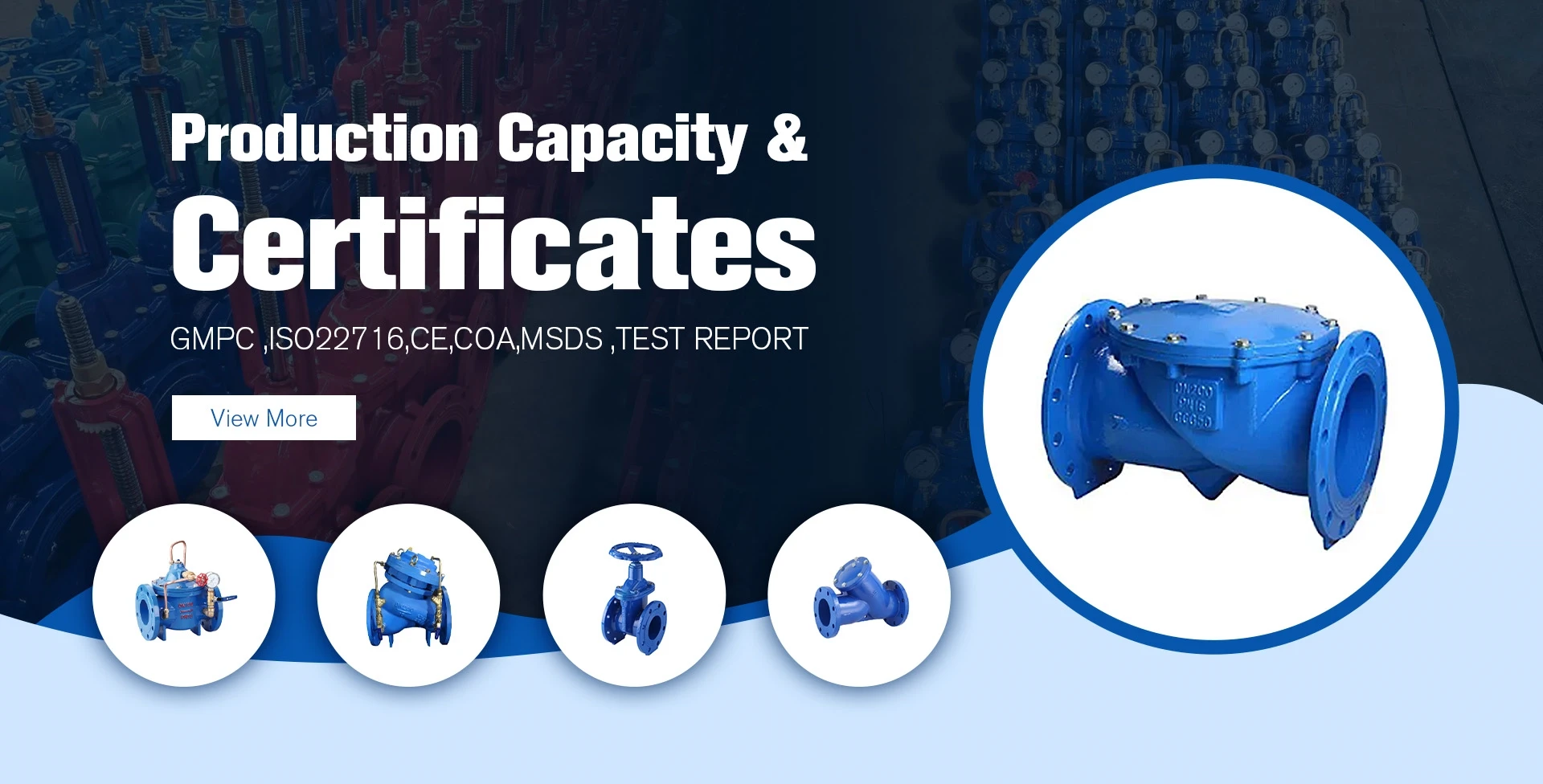अक्ट . 12, 2024 19:56 Back to list
Understanding Thread Gauge Plugs for Accurate Measurement and Calibration in Engineering Applications
Understanding Thread Gauge Plugs Essential Tools for Precision Measurement
In the world of machining and engineering, precision is paramount. Various tools and instruments aid in achieving the level of accuracy required in production and assembly processes. Among these critical tools are thread gauge plugs, which play a significant role in the verification and measurement of threaded components. This article explores the importance of thread gauge plugs, their types, how they work, and their applications in various industries.
What is a Thread Gauge Plug?
A thread gauge plug is a specialized measuring tool used to determine the accuracy and quality of threaded holes (internal threads). These plugs are designed to fit into the threaded hole in question, allowing engineers and machinists to assess whether the hole meets the required specifications. Unlike standard measuring tools, a thread gauge plug offers a direct means to test the functional integrity of the threads, ensuring they are capable of accommodating the intended fasteners or components.
Types of Thread Gauge Plugs
There are several types of thread gauge plugs, each suited for specific applications
1. Go and No-Go Plugs These are the most common types of thread plugs. The 'Go' plug should fit into the threaded hole, while the 'No-Go' plug should not. This simple pass/fail checking system allows operators to quickly determine whether the threads are within tolerance.
2. Master Gauges These are highly accurate plugs used for calibration purposes. They establish a reference standard to ensure the reliability and accuracy of other measuring instruments.
3. Adjustable Plugs In some applications, thread tolerances may vary. Adjustable thread gauge plugs allow for fine-tuning to adapt to different specifications while still maintaining measurement accuracy.
How Thread Gauge Plugs Work
thread gauge plug

Thread gauge plugs are engineered with precision to match specific thread profiles, including the pitch, diameter, and type of thread (such as UNC, UNF, or metric). When using a thread gauge plug, the user simply inserts the 'Go' plug into the threaded hole; if it fits snugly, the hole is within acceptable limits for that dimension.
Next, the 'No-Go' plug is tested. If this plug does not fit, it indicates that the threads are correctly formed and not oversized. This two-step process is critical; it verifies both the diameter and depth of the threads, ensuring they can properly accommodate bolts or screws.
Applications of Thread Gauge Plugs
Thread gauge plugs are widely utilized across various industries, underscoring their versatility and importance
1. Manufacturing In the production of machinery and components, ensuring the quality of threaded holes is crucial. Thread gauge plugs are used to perform regular checks, preventing costly defects.
2. Automotive Industry As vehicles rely heavily on threaded components for assembly, accurate measurement is critical for safety and performance. Regular checks using thread gauge plugs help maintain high manufacturing standards.
3. Aerospace The aerospace industry demands the utmost precision due to safety and performance requirements. Thread gauge plugs are essential for ensuring that threaded parts meet stringent specifications.
4. Construction In construction, various equipment and structures utilize threaded bolts and screws. Ensuring the reliability of these threads through rigorous testing with gauge plugs helps avert potential failures.
Conclusion
Thread gauge plugs are indispensable tools in ensuring the quality and precision of threaded components across numerous industries. Their straightforward design allows for quick and effective measurements, helping to maintain the high standards essential for successful manufacturing and assembly processes. By integrating thread gauge plugs into quality control protocols, organizations can reduce errors, improve production efficiency, and enhance overall safety in their operations. Understanding and utilizing these tools is a fundamental aspect of modern precision engineering, reflecting the industry's commitment to maintaining quality and reliability.
-
Why Metric Trapezoidal Thread is Ideal for Precision Motion ControlNewsAug.05,2025
-
The Unique Properties of a Block of Granite for Industrial UseNewsAug.05,2025
-
The Role of Flanged Y Strainers in Preventing Pipeline ClogsNewsAug.05,2025
-
The Importance of Regular Calibration for Master Ring GagesNewsAug.05,2025
-
How a Cast Iron Surface Table Enhances Accuracy in ManufacturingNewsAug.05,2025
-
Comparing Different Check Valve Types for Optimal Flow ControlNewsAug.05,2025
Related PRODUCTS









